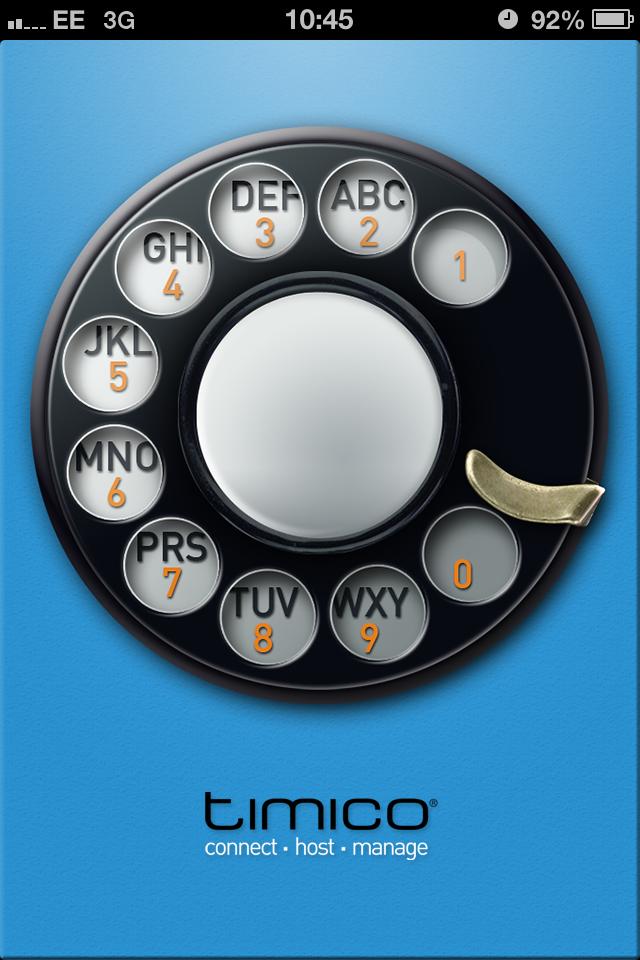Landline use in decline
Landline use seems to be in decline. When I got into the office this morning I called home. I’d lost a tie and thought I might have dropped it on our drive.
When I want to call someone my usual way is to go to the logs on my phone and click on the relevant number/name. As often as not the person I want to talk to is high up on the list of recent calls – wife, kids, stockbroker, shrink (etc).
I called my wife’s mobile. She didn’t answer. So I called “Home”. I had to scroll a very long way down the list of logs to find Home. In fact I last called Home at 20.08 on the 1st November. 70 calls or text messages down the list. Anne answered the Home phone and you will be happy to know that she found the tie, a very smart blue bow tie, and has it safe in the house.My point is that we are using our landline less and less. Typically for calls to grandparents. I’ve even taken to answering the home phone by saying “Newport Arch Chinese Restaurant” as quite often its a scammer on the other end of the line.
Everyone in our house has a mobile phone. All the adults are on all you can eat plans and it makes no different whether we use the fixed or mobile phone. Nobody rings me on the Home phone. The kids rarely use their phone for voice calls. They either text their friends or they use it to access the internet for Facebook Messaging. The youngest often goes online on the XBox if he needs to chat to a friend!
I’d like to bet that for a large proportion of the population the landline number is hardly used at all and is effectively only there because you need a landline to get Broadband.
There have occasionally been calls for BT (Openreach) to provide data only lines, known as “naked DSL” without the costs and overhead of the voice service. BT has always pushed back on this, saying there is no demand and that the costs would not be greatly reduced.
It would be interesting to see how many households don’t use their landline at all. My bet is that millions of us would put our hands up and voluntarily relinquish possession of our old fashioned phone. It might be worth having the debate…
